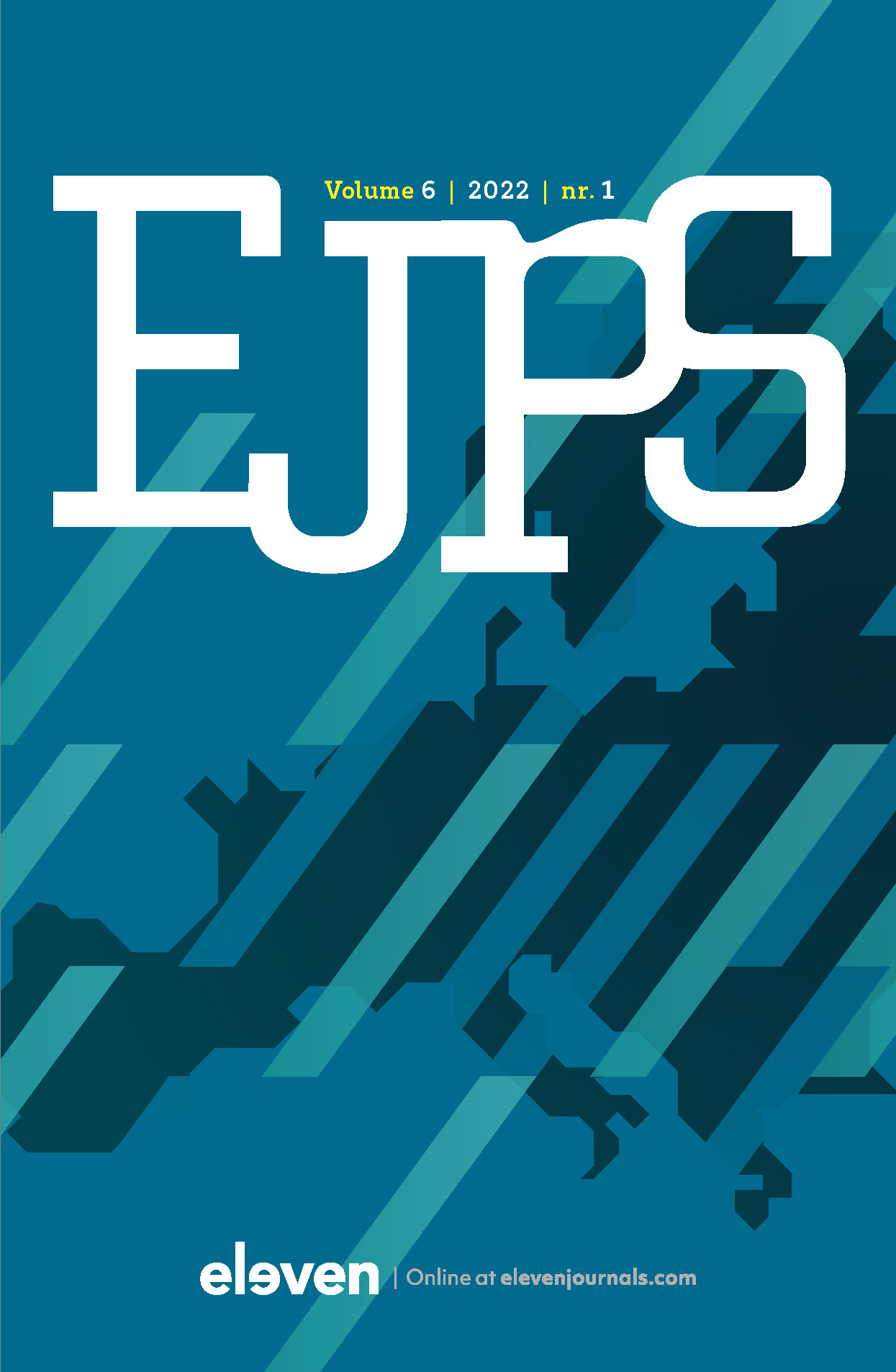|
In this article we examine by means of a serious game how ten teams of police leaders from major criminal investigation teams from five regional forces in the Netherlands, during criminal investigation, deal with tunnel vision and other potential causes of flawed decision-making, described according to Naturalistic Decision-Making models. Findings show that in the serious game, the danger of tunnel vision was widely acknowledged and that a great deal of energy was wasted as a result. In addition, the teams proved susceptible to other types of decision-making pitfalls. For example, the teams searched predominantly for confirmatory evidence, unconsciously used ingrained process-related rules of thumb, and there was evidence of a form of ‘information impulsion fallacy’. The present research is an elaboration on existing literature in that it attempts to shed light on decision-making practices during criminal investigations. The study shows that a serious game can be a useful tool to uncover decision-making behaviour. |


European Journal of Policing Studies
About this journalSubscribe to the email alerts for this journal here to receive notifications when a new issue is at your disposal.
| Article |
Introduction |
| Authors | Antoinette Verhage, Lieselot Bisschop and Wim Hardyns |
| Article |
Investigating decision-making mechanisms and biases in Dutch criminal investigation teams by using a serious game |
| Keywords | Criminal investigation teams, decision-making, tunnel vision, naturalistic decision making |
| Authors | Jelle Groenendaal and Ira Helsloot |
| AbstractAuthor's information |
| Article |
Women as leaders in policingA path forward |
| Keywords | Policing, leadership, gender |
| Authors | Maria D.H Koeppel |
| AbstractAuthor's information |
|
As a result of changing gender dynamics in leadership, a substantial body of literature has been dedicated to understanding differences between leadership styles and effectiveness for men and women, often finding differences between the two groups. Despite this growing body of research, there is still a substantial gap in the leadership and policing literature, specifically regarding women as leaders in policing. This paper provides an overview of the gender leadership literature both in and out of policing, as well as a succinct review of research pertaining to women as leaders in policing. Recommendations for future research are drawn from existing literature in a call for a greater understanding of the role of gender in leadership in policing. |
| Article |
Guardian of Democracy?Theoretical aspects of police roles and functions in democracy |
| Keywords | democracy, police, security, use of force, authority |
| Authors | Samuel Salzborn |
| AbstractAuthor's information |
|
In the research on democracy and democratization, there is a lack of systematic thought on the relationship between police and democracy. In this paper I argue that it is possible to go beyond empirical and historical research into police roles and functions in real-life political systems, in order to formulate a theoretical framework that outlines the specific relationships between police and democracy. Because the functions of police in democracies are clearly different from those existing under authoritarian and totalitarian regimes, it makes sense to examine these interrelationships more closely. Although the police is sociologically speaking a nonaligned institution, since it can serve any regime and is therefore neither intrinsically democratic nor intrinsically authoritarian or totalitarian, there nonetheless exists a conceptual, historical and systematic connection between police and democracy |
| Article |
Labor productivity and productivity pressure in the Finnish police force |
| Keywords | labor productivity, Baumol’s cost disease, perceived time pressure, burnout, police |
| Authors | Matti Vuorensyrjä |
| AbstractAuthor's information |
|
In times of cost cuts, improvements in productivity are critically important for sustainable public spending. However, in labor-intensive organizations such as law enforcement, persistent attempts at productivity improvements tend to put pressure on the human resource base of the organization. This study tracks two changes using data from 2000–2012. What has happened to labor productivity in the Finnish police force? What has happened to productivity pressure as experienced by the personnel of the police force? We find that, in recent years, labor productivity has been increasing in the Finnish police force. We also find that perceived time pressure has been on the rise and that there is a rather close connection between objectively measured labor productivity and subjective time-pressure experience. The paper further demonstrates that increasing perceived time pressure is associated with a growth in the rates of self-reported sick leave and burnout scores. We conclude that it is important to be able to determine the hazard level of time-pressure experience and to use this information in everyday human resource management practices. |
| Book Review |
Examining Intelligence-Led Policing. Developments in research, policy and practice |
| Authors | Mariëlle den Hengst-Bruggeling |
| Author's information |
| Article |
Country UpdatesGermany |
| Authors | Thomas Feltes |
| Author's information |
| Article |
Country UpdatesNorway |
| Authors | Tore Bjørgo |
| Author's information |

